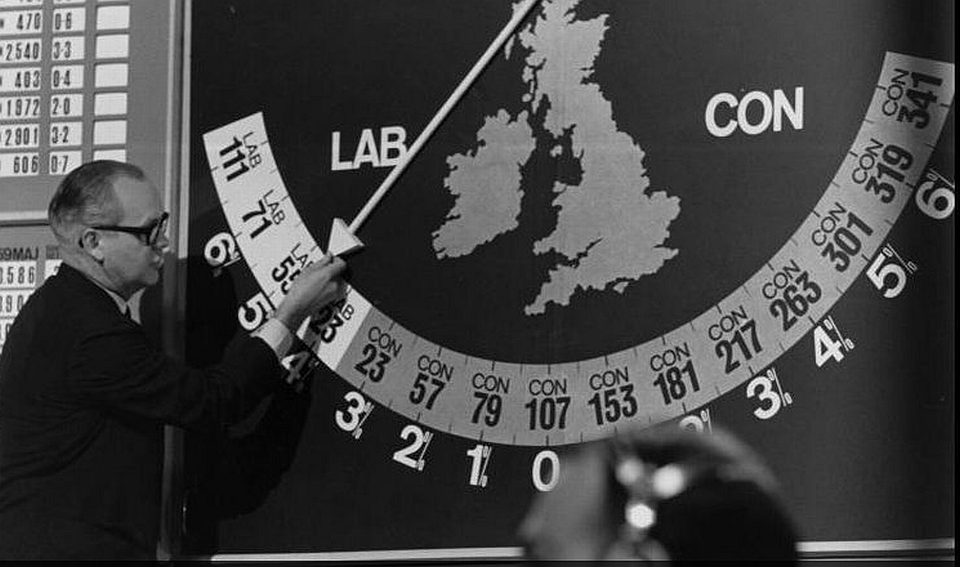Why pollsters keep getting it wrong
Polling groups are too mystified by people to understand them.

2016 was a surprising year politically, and therefore a very bad year for pollsters. After the Brexit vote and the election of Donald Trump, and various political upsets across Europe, the ability of traditional polling methods to measure and analyse political opinion has been called into question.
Researchers offer many compelling explanations. Traditionally, polling was conducted via telephone interviews, targeting specific regions and groups. However, as many people – particularly young people – don’t have landline phones anymore, it is difficult to get a representative snapshot. Additionally, researchers say willingness to participate in these surveys has fallen dramatically in recent years due to a shrinking interest in politics.
What’s more, people’s political views are said to be more changeable. Party and social ties are weakening, and people are more prepared to change their affiliations. At the same time, researchers have realised that the public climate has become more tense, leading non-conformist voters to keep their opinions to themselves, or give what are seen as socially acceptable answers to pollsters’ questions.
All these explanations should be examined. But the changes in our political culture do not only affect the objects of investigation: the people. They also affect those doing the investigating. Pollsters are good at analysing their subject. They’re not so good at analysing their own methods and role in society. And doing so is crucial if they are to understand the problems with opinion polling today.
Researchers diagnose changes in our political culture based on the behaviour and attitudes of survey respondents. From the researcher’s point of view, this culture is characterised by people being less understandable, more irrational creatures. Voters are acting unexpectedly, and making unpredictable decisions. What’s more, they have become more distrustful of pollsters than in the past. Pollsters, like politicians, have grown distant from the people and therefore struggle to measure public opinion.
Politicians have always been keen on opinion polls. This is not bad in itself. But the relationship between politics and polls has changed. Watching the polls has become an addiction, and the only means through which politicians can gauge popular support. As mainstream politics became bland and centrist in recent years, before the rise of populism, politicians constantly had one eye on the polls, and tended to respond quickly and often shallowly to shifts in public opinion. Long-term, ideologically driven political strategies were replaced with short-termist thinking. Polls became a substitute for political orientation.
These developments put the crisis of opinion polling in a different perspective. Our short-termist political culture has made opinion polling more politically significant. But as polling becomes more and more influential, it can become politicised and turned into a political instrument. And this affects its quality. Opinion research has ceased to be detached and scientific – it now has real influence on political decisionmaking. In turn, people sense that pollsters have become part of the political apparatus. This is why they either ignore them or tell them what they think they want to hear.
To a great extent, the crisis of polling is down to methods lagging behind social developments. But, more profoundly, politicians and pollsters have come to underestimate the rationality of people and the political decisions they make. A vote for Brexit, Trump or a populist party is not a sign of irrationality, bigotry or irresponsibility. Such voting follows a clear logic. Mainstream politicians need to recognise that voters are not unknowable, nor are they swayed by moralistic outrage.
Matthias Heitmann is a freelance journalist and public speaker based in Frankfurt, Germany. His book Zeitgeisterjagd (Zeitgeist Hunting) is published by Tvr Medienverlag. (Buy this book from Amazon(UK).).
This is based on an article published in Cicero Online.
To enquire about republishing spiked’s content, a right to reply or to request a correction, please contact the managing editor, Viv Regan.







Comments
Want to join the conversation?
Only spiked supporters and patrons, who donate regularly to us, can comment on our articles.